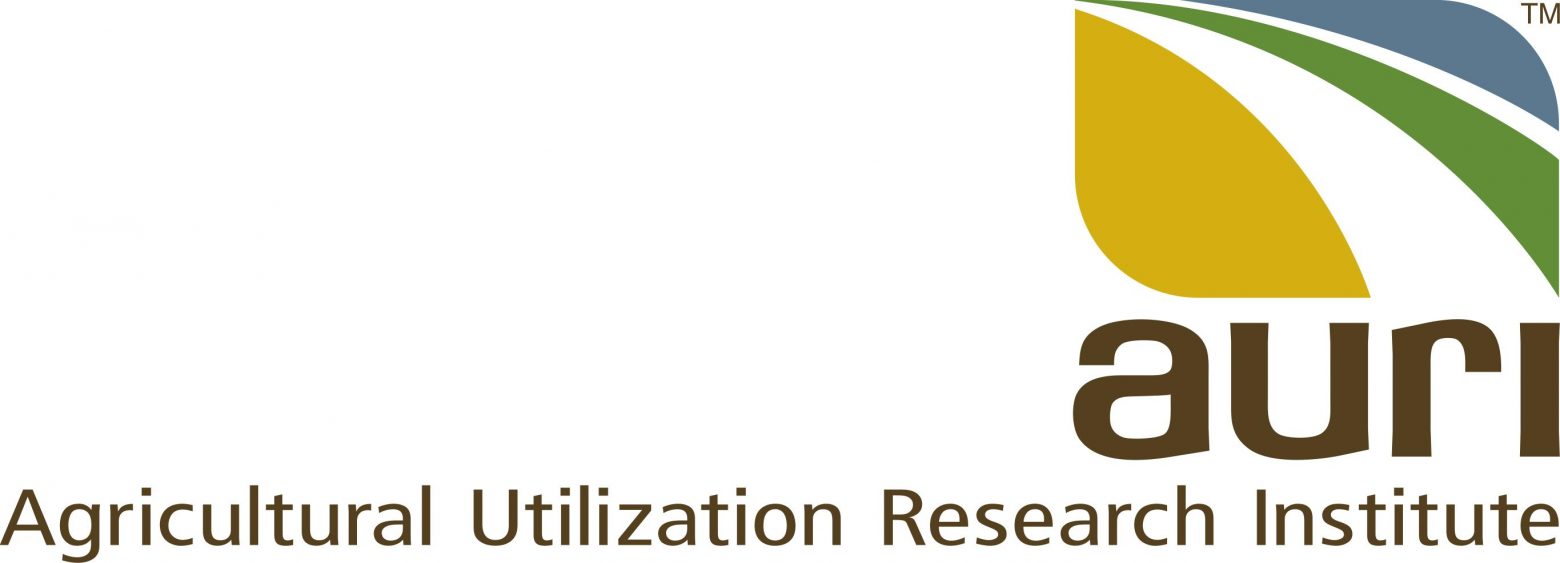The Agricultural Utilization Research Institute (AURI) is hosting a discussion on consumer attitudes and research related to clean label, processed and ultra-processed foods. The webinar “Clean Label & Ultra-processed Foods: The Dichotomy in Consumer Decision Making” is from 12 p.m. to 1 p.m. Wednesday, November 9.
A panel of experts from the Soy Nutrition Institute Global will share research insights on some of the many variables influencing the larger conversation of ultra-processed and plant-based foods and the emerging trend of “clean eating.”
The development of the NOVA food classification system has increased awareness and concerns regarding health outcomes associated with the consumption of highly processed and ultra-processed foods (UPFs). However, UPFs have also seen demand growth and help meet human nutrient needs around the globe according to recent research.
The webinar will explore consumer attitudes and scientific research related to food processing, using soy-based products as examples.
The webinar is free and open to the public. Media members are invited to attend. For more information, or to register, visit the event page.
AURI Connects: Webinar Wednesday is a monthly webinar series hosted by AURI. Each session explores different aspects of the food and ag sectors in Minnesota—from resources for food entrepreneurs to innovations in coproducts and biobased energy.
About AURI
The Agricultural Utilization Research Institute’s mission is to foster long-term economic benefit through value-added agricultural products. It accomplishes this by using science and technology to help develop new uses for agricultural products. It partners with businesses and entrepreneurs to generate economic impact in Minnesota communities by h0elping businesses take advantage of innovative opportunities in four focus areas: biobased products, renewable energy, coproducts and food. AURI provides a broad range of services, including applied research and development, scientific assistance and a targeted network of resources to develop value-added uses for crops and coproducts.
